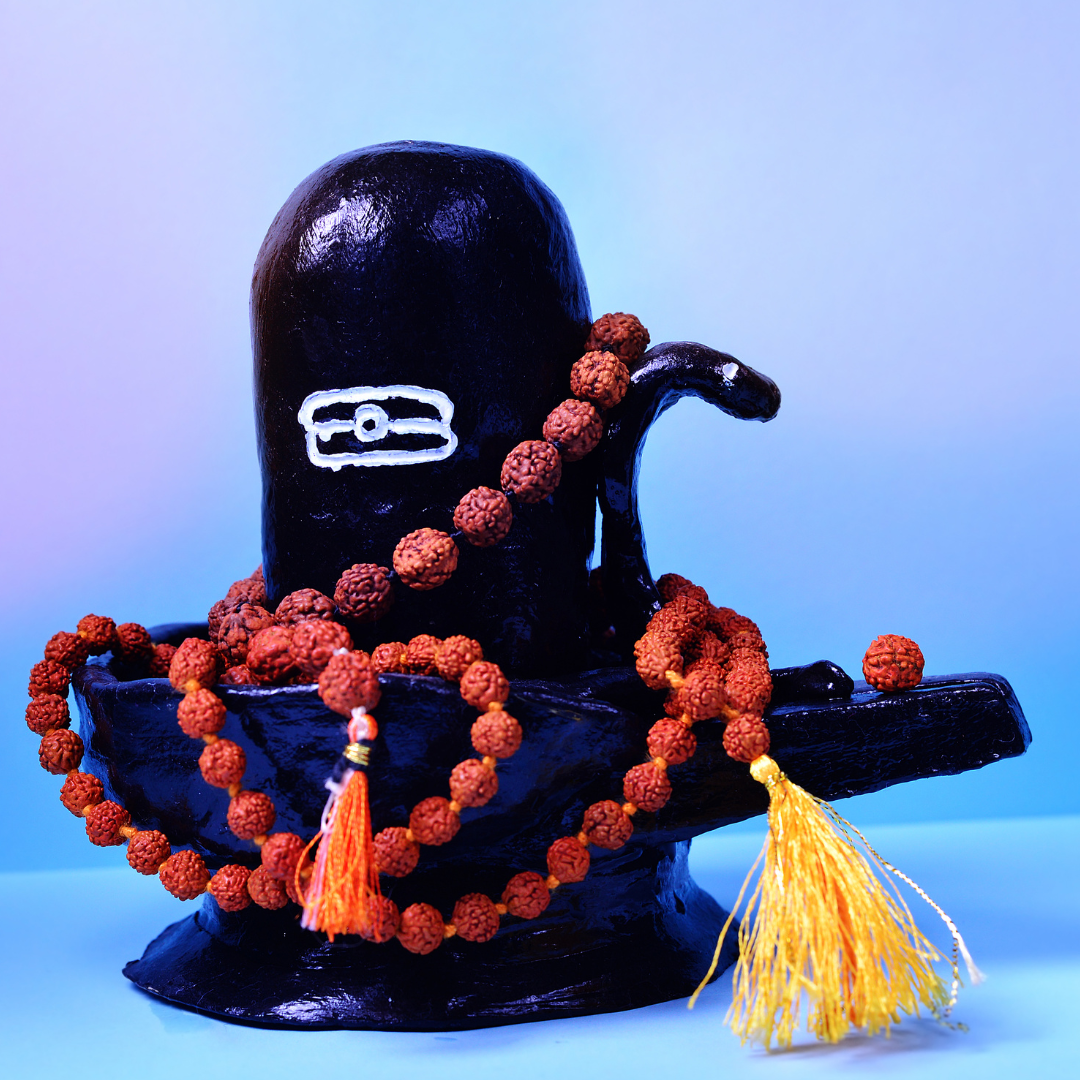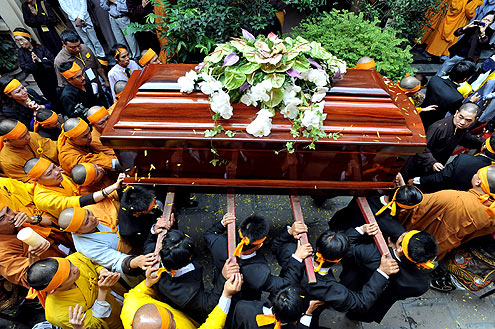When a loved one passes away, the process of mourning is both deeply personal and often guided by tradition. In Judaism, the period of Shiva plays a central role in helping grieving families navigate their loss. Shiva is more than just a mourning practice—it’s a way for loved ones and the community to provide support, share memories, and honor the deceased. This guide explores the customs and significance of Shiva, offering insights into this meaningful Jewish tradition.
What Is Shiva?
The word “Shiva” comes from the Hebrew word for “seven,” symbolizing the seven-day mourning period observed by close family members of the deceased. Shiva begins immediately after the burial and provides a structured framework for grief, ensuring that mourners have time and space to reflect on their loss.
This sacred time allows the bereaved to pause their everyday lives, focusing entirely on mourning while surrounded by family and friends who offer comfort and support.
Key Customs of Shiva
- Sitting Shiva at Home
During Shiva, mourners typically remain at home, often referred to as the “house of mourning.” Family, friends, and members of the community visit to express condolences and support. The environment is kept modest and somber, often with mirrors covered and shoes removed as a sign of humility and detachment from vanity.
Visitors are encouraged to offer silent comfort unless the mourner initiates conversation. This practice ensures that the focus remains on the mourners’ needs, creating a supportive space for healing.
- Reciting the Mourner’s Kaddish
A cornerstone of Jewish mourning rituals, the Mourner’s Kaddish is recited daily during Shiva. This prayer doesn’t mention death but instead praises God, emphasizing faith and the continuity of life even during times of sorrow.
The prayer is recited as part of a minyan (a quorum of ten Jewish adults), reinforcing the importance of community support during mourning.
- Meals of Consolation
The first meal after the funeral, known as seudat havra’ah (meal of consolation), is provided to the mourners by friends or neighbors. Traditional foods like hard-boiled eggs or lentils symbolize life’s cyclical nature and offer sustenance during this difficult time.
Throughout Shiva, visitors often bring food to the house of mourning, ensuring that the bereaved can focus entirely on their grief without worrying about daily tasks.
- Restrictions During Shiva
To fully immerse in the mourning process, those sitting Shiva follow certain restrictions:
- Avoiding work and regular daily routines
- Refraining from celebrations or social gatherings
- Abstaining from grooming practices such as shaving or haircuts
These restrictions are designed to prioritize introspection and the grieving process, reinforcing the sacred nature of this time.
The Role of Community in Shiva
Shiva is not only a time for personal reflection but also an opportunity for the community to come together in support of the mourners. Neighbors, friends, and synagogue members often organize meals, offer prayers, and simply sit in silence with the bereaved.
The practice of visiting a Shiva house underscores the Jewish value of chesed (loving-kindness), providing strength and comfort to those who need it most.
When Shiva Ends: Transitioning Back to Daily Life
At the end of the seven days, Shiva concludes with a symbolic act, such as a walk around the block, signaling a return to the outside world. While the period of intense mourning ends, the process of grief continues in stages, marked by Shloshim (the 30-day mourning period) and the anniversary of the death (yahrzeit).
Jewish mourning practices recognize that healing takes time, and each stage provides an opportunity to honor the deceased while gradually resuming life’s routines.
Why Shiva Matters
Shiva is more than a religious tradition—it’s a testament to the strength of community and the importance of supporting one another through life’s most difficult moments. By providing a structured period for mourning, Shiva allows families to grieve while surrounded by love and understanding.
For those outside the Jewish faith, understanding Shiva customs can deepen your appreciation for the rituals and values that shape Jewish mourning practices. Whether attending a Shiva or simply offering support from afar, being mindful of these traditions ensures your actions are respectful and meaningful.





